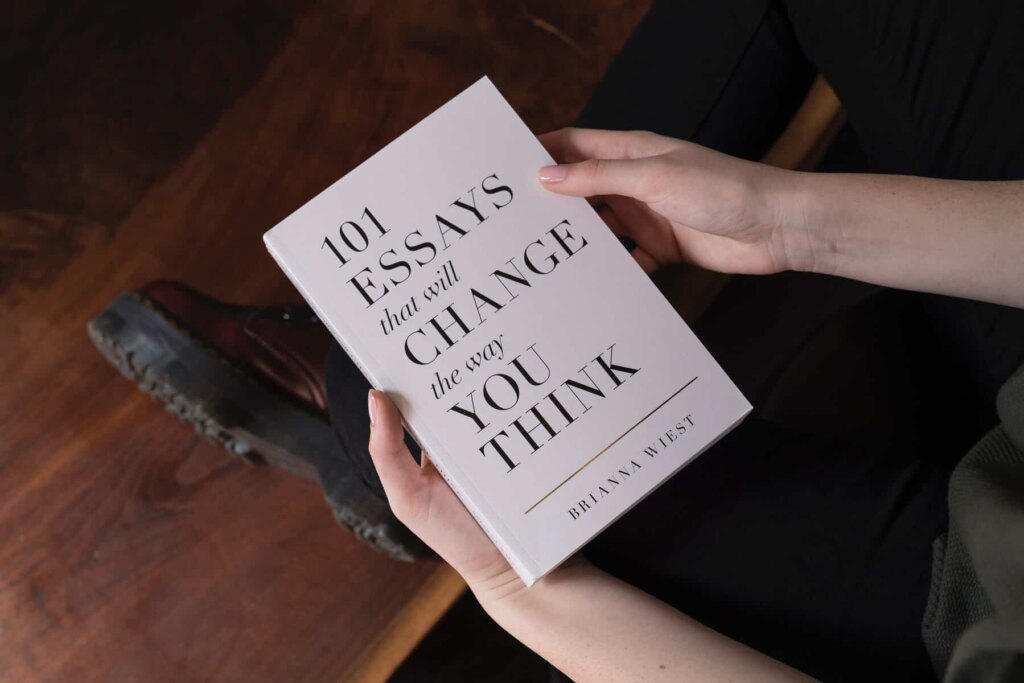
I cherish the moments spent with books, whether they’re held in my hands or displayed on a screen as ebooks.
The act of reading, for me, is not about the quantity of pages but the quality of time spent immersed in another world.
Particularly, I find that reading in a café greatly enhances my concentration and comprehension, making the environment a key factor in my reading and work habits.
If you’re struggling to find focus, consider changing your surroundings to somewhere you feel more productive, be it a café, library, or even a hotel room.
The Limitations of Mere Reading
Despite my love for reading, I’ve come to realize it hasn’t fundamentally changed me. The more books I read, the more I noticed a lack of transformation within myself; it felt like I was procrastinating on life’s necessities, mistaking reading for real progress.
Reading, in its traditional sense, felt futile.
I admired and even contributed to the plethora of advice on reading more effectively or tackling difficult books. Yet, the question remained: Why do we read?
We read with the desire to become wiser, to broaden our knowledge, and to boast a long list of conquered books each year. But if we only read without deeper engagement, our efforts are in vain.
Evolving From Reading to Studying Books
Inspired by Alex Hormozi‘s approach, I shifted from reading to studying books. This method goes beyond the surface, embedding the knowledge deep within our minds, transforming reading from a passive activity to an active learning process.
The essence lies in the application of what we learn. You could fully apply the principles from a handful of self-help books and outpace countless readers in personal growth.
The Art of Studying Books
The key isn’t merely in the number of pages turned but in the depth of understanding and real-world application. It’s about finding those nuggets of wisdom that can make us better individuals.
Here’s my approach to studying over reading:
Let Go of Your Attachment to Books:
Treasuring books too much can hinder your learning process. Instead of treating them like untouchable relics, I began to mark important passages directly in them. This shift from preservation to interaction allowed me to pay more attention to the information and less to the state of the book.
Active Engagement:
I adopt a methodical approach by writing down key points, highlighting them, and revisiting these notes repeatedly until they solidify in my mind. This process ensures the material is not just read but truly understood and ready to be implemented.
Deliberate Repetition:
Books like “Atomic Habits” by James Clear are worth revisiting to deeply engrain their lessons into our lives. Not every book demands re-reading in its entirety. Sometimes, a single compelling idea is enough to warrant a note, sparing you from going through the entire book again for a refresher.
Reading vs. Studying: A New Perspective
Adopting a study-centric approach doesn’t invalidate reading; it simply enhances it. By actively engaging with the material, we not only acquire knowledge as well as the capacity to use it wisely in our daily lives.
Thus, the journey from reading for pleasure to studying for growth reflects not a rejection of reading, but an evolution towards a more purposeful engagement with books.
Further reading
The Importance of Small Daily Habits